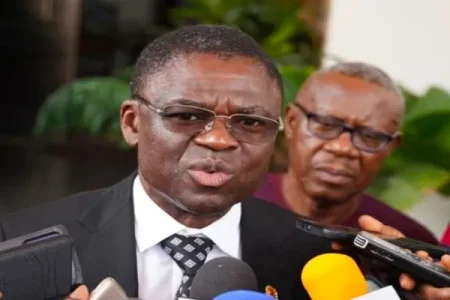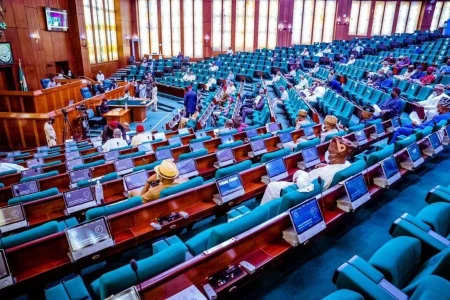
Federal High Court in Abuja overturns Phillip Shuaibu's impeachment as Edo State Deputy Governor, declaring it unlawful. The court orders his reinstatement and restoration of security details. This ruling significantly impacts Edo's political landscape, setting a precedent for impeachment processes in Nigerian politics.
In a significant legal development, Justice James Omotoso of the Federal High Court in Abuja has overturned the impeachment of Phillip Shuaibu as Edo State Deputy Governor. The court ruled that Shuaibu's removal from office by the State House of Assembly violated legal provisions, effectively reinstating him to his position.
This decision marks a dramatic turn in Edo State's political landscape, where tensions have been high between various factions. The court's judgment not only nullifies the impeachment process but also mandates the restoration of Shuaibu's security details, with specific orders directed to the Inspector General of Police.
The reinstatement of Shuaibu is likely to have far-reaching implications for the state's governance and upcoming political events. It raises questions about the balance of power within the state government and the relationship between the executive and legislative branches.
Legal experts are viewing this case as a significant precedent in Nigerian politics, particularly concerning the impeachment processes of high-ranking state officials. The court's intervention underscores the judiciary's role in safeguarding constitutional procedures and political rights.
As news of the judgment spreads, reactions are expected from various political quarters, including Shuaibu's supporters and opponents. The decision may also impact ongoing political alliances and strategies in Edo State.




